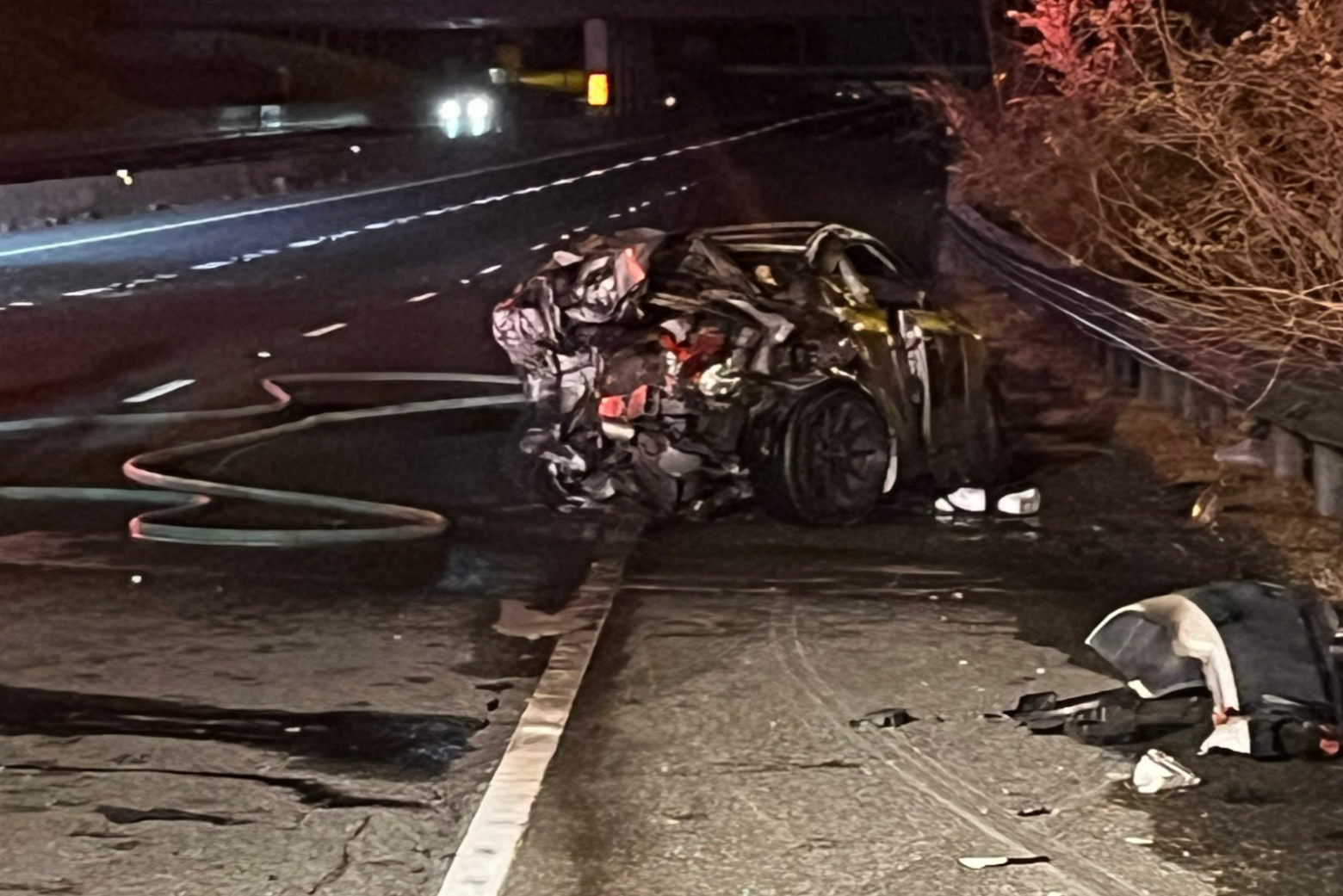Introduction
With the rise of ridesharing services like Uber and Lyft, the way we think about transportation has dramatically changed. These platforms have introduced a new level of convenience and accessibility, allowing people to summon a ride with just a few taps on their smartphones. However, this convenience comes with its own set of challenges—most notably, the legal complexities surrounding rideshare accidents.
Rideshare accidents are not just about collisions; they're multifaceted events that can involve various parties, insurance companies, and legal claims. As an Uber or Lyft driver, understanding the intricate web of legal considerations is crucial for protecting yourself and your passengers. This article dives deep into the legal landscape of rideshare accidents, offering insights and guidance for drivers.
Rideshare Accidents: Legal Considerations for Uber and Lyft Drivers
When it comes to rideshare accidents, drivers often find themselves in a confusing situation regarding liability and insurance coverage. What happens if you're involved in an accident while driving for Uber or Lyft? The answer isn't always straightforward.
Understanding Rideshare Insurance Policies
What Kind of Insurance Do Rideshare Companies Provide?
Both Uber and Lyft provide liability insurance to their drivers while they are engaged in a ride. This coverage includes:
Primary Liability Coverage: This covers damages to other vehicles or property if you are at fault for an accident. Uninsured/Underinsured Motorist Coverage: This protects drivers if they are involved in an accident with someone who doesn’t have insurance. Contingent Collision Coverage: This is optional but offers additional protection.However, these coverages only apply when you are using the app to accept rides.
What Happens When You're Off Duty?
If you’re off-duty (the app is turned off), you need your personal auto insurance policy to cover any accidents that occur. It’s essential to understand that personal policies may not cover vehicle use for commercial purposes like ridesharing.
Liability Issues in Rideshare Accidents
Who Is Liable After an Accident?
Determining who is liable in a rideshare accident can be complicated. Factors include:
- The status of the driver (on-duty vs. off-duty) Whether the passenger was picked up or dropped off Any relevant traffic laws that were violated
Generally, if you're actively driving passengers from point A to point B and are at fault, both you and the rideshare company might share liability.
Comparative Negligence Rules
Most states follow comparative negligence laws which allow damages to be apportioned based on fault. For example, if you're found 30% at fault in an accident, you’ll only be responsible for 30% of the damages awarded to the other party.
Passenger Rights in Rideshare Accidents
Do Passengers Have a Claim Against Drivers?
Yes! Passengers injured during a ridesharing trip can file claims against the driver’s insurance policy or even sue them directly depending on circumstances surrounding the accident.
Steps to Take After a Rideshare Accident
http://truck-accidents-tips-strategy.yousher.com/common-causes-of-truck-accidents-in-los-angeles Ensure Safety First: Check yourself, passengers, and others involved for injuries. Call Emergency Services: If necessary. Document Everything: Take photos of damage, gather witness statements. Report to Rideshare Company: Notify them as soon as possible. Consult a Lawyer: Understand your rights and obligations.Legal Framework Governing Ridesharing
State Regulations Affecting Ridesharing Companies
Each state has different regulations governing ridesharing services:
- Some require “transportation network company” licenses. Background checks for drivers vary by state.
Understanding these nuances can help protect you legally as a driver.
Federal Regulations on Transportation Network Companies (TNCs)
While most regulations are state-specific, federal guidelines exist regarding safety standards and operational requirements that TNCs must follow.
Insurance Gaps Riders Should Be Aware Of
What Are Common Exclusions in Personal Auto Insurance?
Personal auto policies often exclude coverage when using your vehicle for commercial purposes like ridesharing.
The Importance of Umbrella Insurance Policies
Umbrella insurance can provide additional coverage beyond standard limits offered by your personal or rideshare insurance policy.
Handling Claims After an Accident
How to File an Insurance Claim?
Filing an insurance claim requires careful documentation:
Collect all necessary information about the incident. Follow specific procedures outlined by your insurer. Be prepared to negotiate settlements.Working with Legal Counsel After An Accident
When Should You Involve A Lawyer?
It’s advisable to consult with legal counsel under certain circumstances:
- Serious injuries sustained Disputes over liability When dealing with multiple insurers
FAQ Section
1. What should I do immediately after a rideshare accident?
You should prioritize safety first—check everyone’s condition, call emergency services if needed, document details of the accident thoroughly, report it to your rideshare company promptly, and consider consulting legal help afterward.
2. Am I covered if I'm off duty during an accident?
No; when you’re off duty (app turned off), your personal auto insurance will typically apply rather than any coverage provided by Uber or Lyft.
3. Can passengers file claims against me?
Yes; passengers injured during their ride may file claims against your insurance policy or sue directly depending on circumstances surrounding the crash.


4. How does liability get determined in these cases?
Liability is assessed based on various factors including who was at fault at the time of the accident as well as whether traffic laws were broken during that time frame.
5. What kind of documents do I need post-accident?
Essential documents include police reports (if applicable), photographs from the scene showing damage/injuries/witnesses’ statements along with any communication between parties involved after collision occurred.
6. Is it worth having umbrella insurance as a rideshare driver?
Absolutely! An umbrella policy provides extra protection beyond regular limits offered by other policies which could safeguard financially should any serious incidents arise down line during job performance duties too!
Conclusion
Navigating through "Rideshare Accidents: Legal Considerations for Uber and Lyft Drivers" can be quite challenging but understanding these concepts can significantly impact how you handle incidents on-the-road effectively while ensuring adequate protection legally speaking!
Whether it's knowing what type of insurance applies when you've got riders onboard versus when you're just cruising around town awaiting requests—being informed makes all difference – so gear up & drive safe out there!
This comprehensive guide aims not only to educate but also empower drivers within ever-evolving world where technology meets traditional transportation needs!